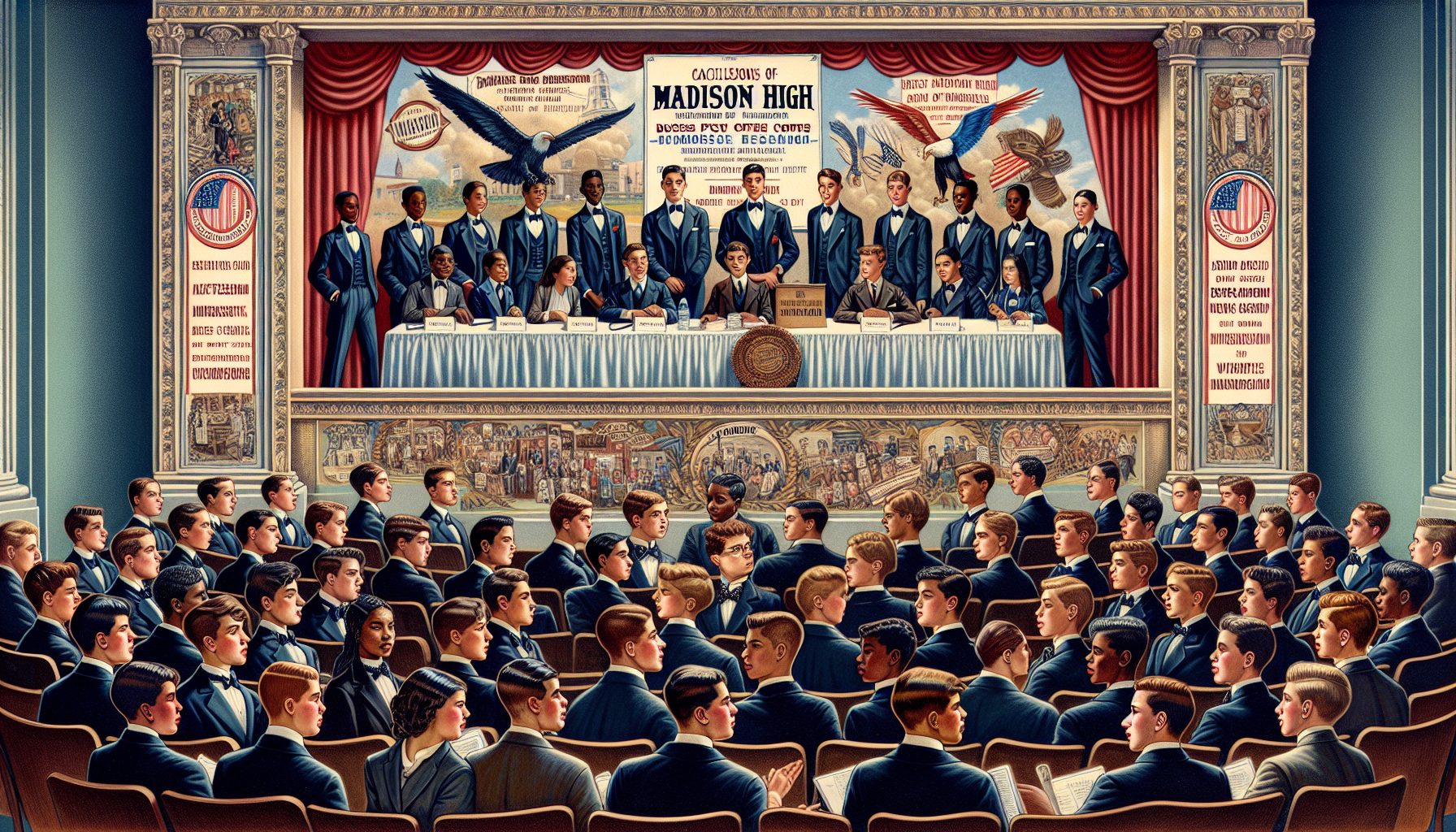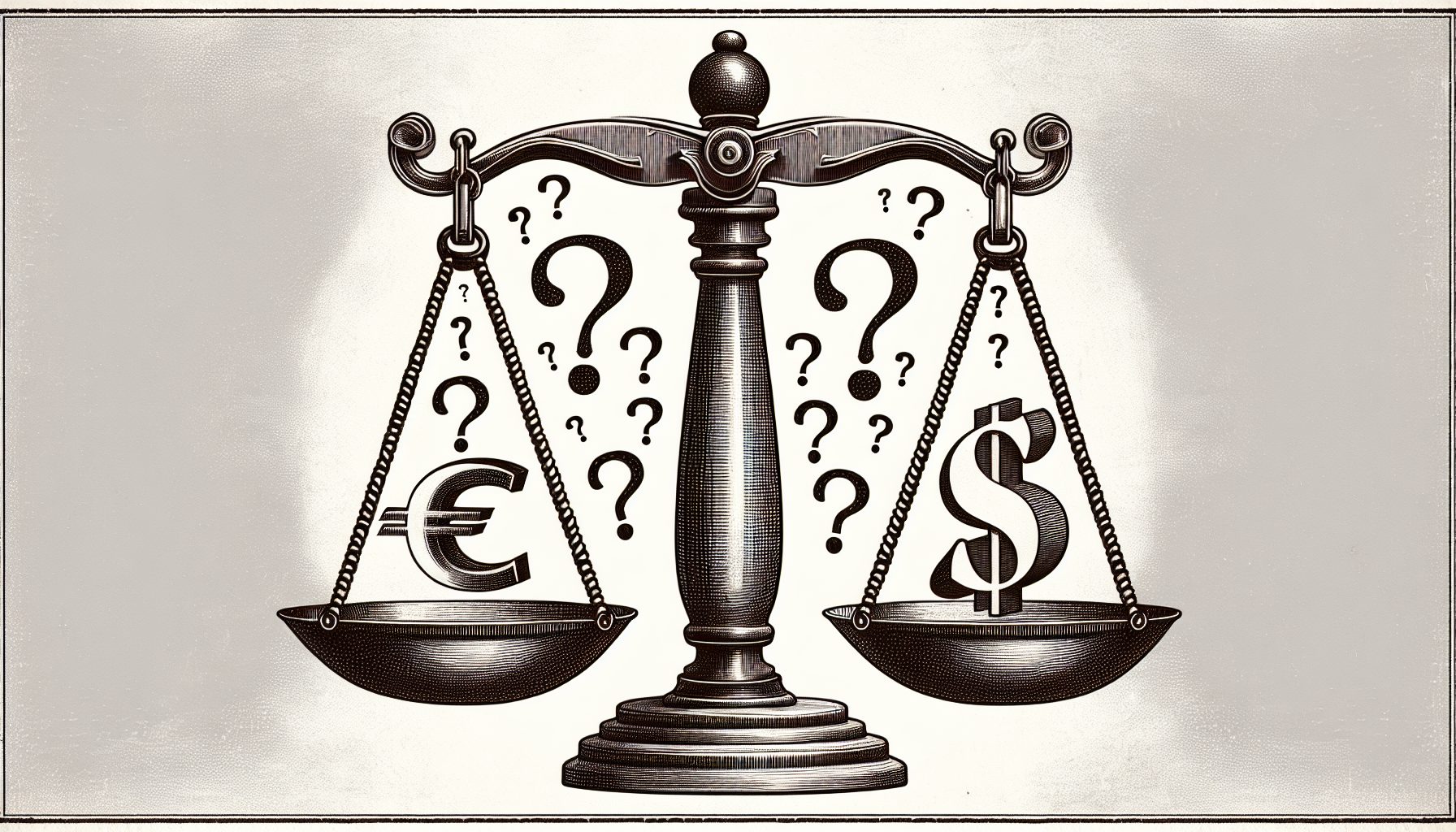The Electronic Frontier Foundation (EFF) is best known for its work in promoting individual civil liberties, but its broad body of activism and litigation also benefits IT shops and businesses at large by promoting not just free speech, but also free innovation.
Many IT professionals are already well aware of the work done by the Electronic Frontier Foundation to promote online civil liberties. This nonprofit has gained admiration across the board, from workaday admins and tech-savvy executives to rank-and-file geeks, for its 18-year-long crusade to protect individual rights to privacy and free speech on the Internet. What these supporters might not be aware of is that the EFF has its own business interests in mind, as well.
Even though the EFF is known for suing some pretty big businesses in the technology and entertainment industries, its leaders generally call themselves “pro business and free innovation,” and much of their work is actually a good thing for technologists and businesses involved in technology.
“We’ve filed plenty of briefs on behalf of companies like Google and other big Internet companies that are finding themselves embroiled in intellectual property disputes, but, by the same token, we often attack them on other fronts, such as [for] their privacy policies,” says Fred von Lohmann, senior staff attorney for EFF specializing in intellectual property matters. “So, [for us], it is not about whether you’re a big company or a little company or whether you’re somebody that is incumbent or a new entrant. From our perspective the principles are what matter.”
HISTORY AND PHILOSOPHY
Headed up by lawyers, analysts and technology experts, the EFF was founded on the backs of these principles, which von Lohmann says still guide how the organization moves forward with its actions today.
“Our founding philosophy is still really the one that we start with when we ‘re looking at any situation, which is to make sure that people’s Constitutional rights make it intact in cyberspace,” says Cindy Cohn, legal director for EFF and one of the keepers of the organization’s vision.
The group is best known for its litigation team, creating the most action through high-profile lawsuits and defense trials.
“I think that their litigation program is something that really fills a gap in looking at the civil liberty implications of intellectual property and how that applies to technology and the industry,” says Sherwin Siy, staff attorney for the lobbying group Public Knowledge, which works to promote principals similar to those of the EFF, but via the legislative route rather than in the courtroom.
The case law and precedents EFF has established reach far and wide. For example, EFF lawyers were the first to establish computer code as a court-accepted means of free speech. It regularly has forced the courts to rule against the RIAA and the MPAA in their quest to badger the little guy in numerous online-content cases. And it is on the warpath to prevent the federal government from moving forward with its warrantless wiretapping program.
While free speech and copyright issues are often paramount in the eyes of EFF lawyers, much of their focus is also on intellectual property (IP) and patent law that affects any kind of free innovation.
“I think we share with EFF the idea that copyright and IP law generally should be used to encourage innovation and it shouldn’t be used or abused to curb it,” says Siy. “You want to reward creators, yes, but at the same time we see it too often being used to stifle innovation and creativity.”
These pro-innovation battles are fought on numerous fronts, but those most likely to affect IT gurus and technology-centric companies fall into one of three categories: fighting the abuse of the Digital Millennium Copyright Act (DMCA) to prevent reverse engineering; fighting blatant patent trolls and other patent-system manipulators; and fighting for the free exchange of information by computer-security researchers.








